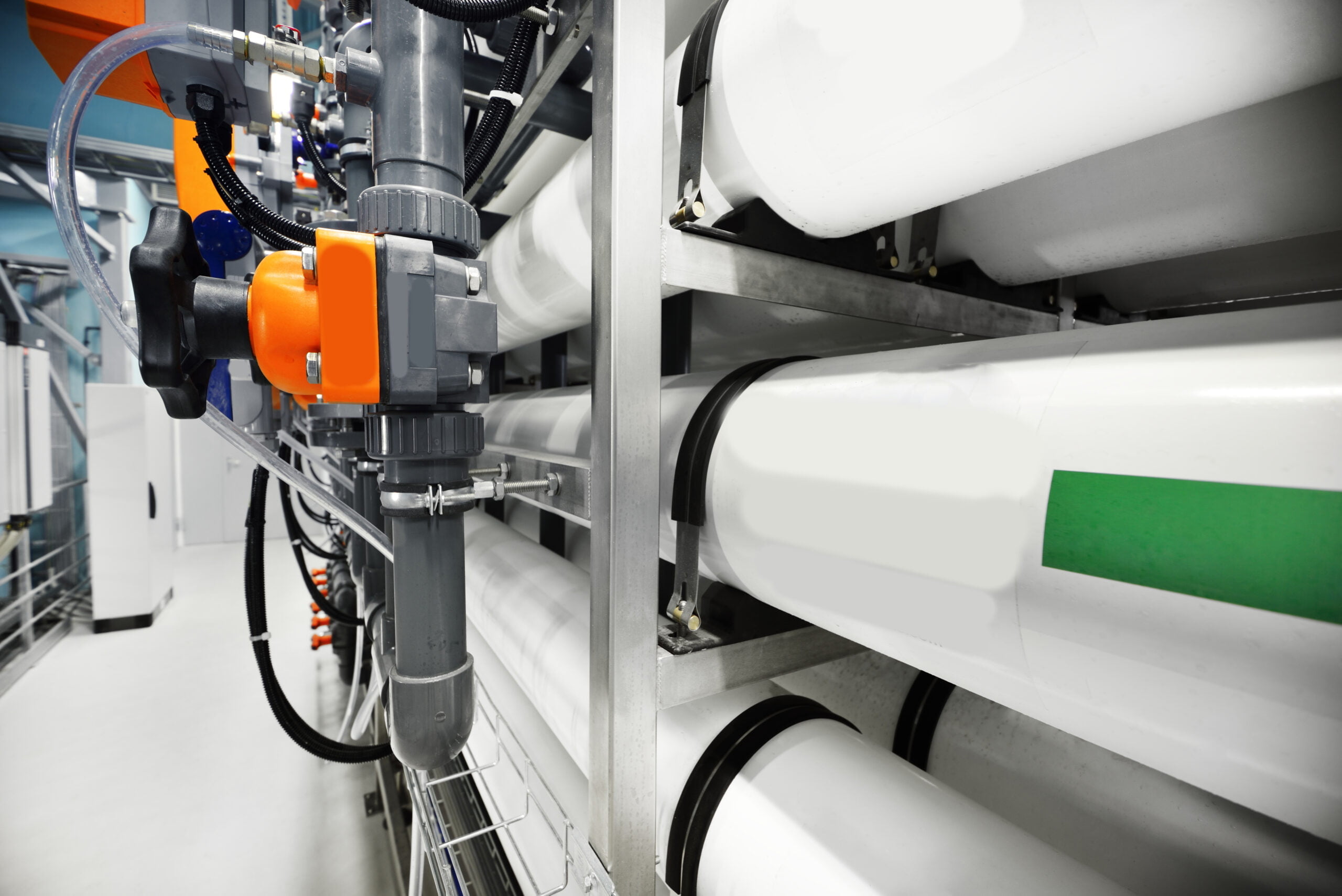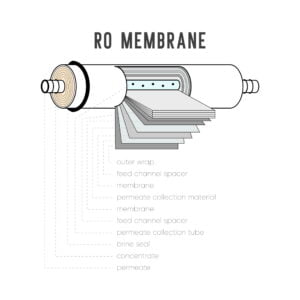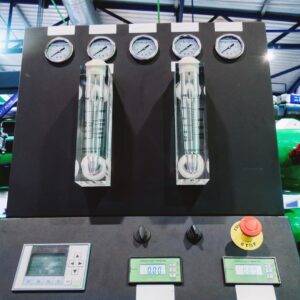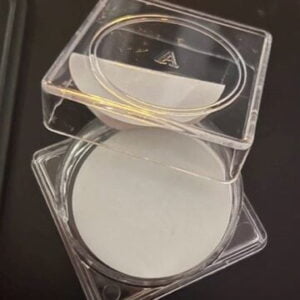
Nanofiltration: Advanced Filtration Technology Explained
Nanofiltration is an advanced filtration technology that has revolutionized the process of water purification. It is a membrane-based filtration process that uses nanoscale pores to filter out contaminants from water. This technology has enabled us to purify water at a molecular level, making it safe for consumption and industrial use. In this article, we will explore the science behind nanofiltration and how it works to provide clean and safe water.
Nanofiltration: A Breakthrough in Filtration Technology
Nanofiltration is a relatively new technology that has rapidly gained popularity due to its efficiency in water purification. It is an advanced filtration process that uses a thin, semi-permeable membrane with nanoscale pores to separate impurities from water. The pores in the membrane are so small that they can trap particles as small as 0.001 microns, which includes viruses, bacteria, and dissolved salts.
The membrane used in nanofiltration is made of either organic or inorganic materials. Organic membranes are made of polymers such as polyamide and polyimide, while inorganic membranes are made of materials like ceramic, carbon, and metal oxides. These membranes are designed to allow water molecules to pass through while trapping impurities, making them suitable for desalination, water softening, and the removal of organic and inorganic contaminants.
Understanding How Nanofiltration Works to Purify Water
The process of nanofiltration works on the principle of size exclusion. The membrane used in nanofiltration has pores that are smaller than the size of the impurities present in water. When water is passed through the membrane under pressure, the water molecules pass through the pores, while impurities are trapped by the membrane.
The size of the pores in the membrane can be adjusted to control the level of filtration. In general, nanofiltration can remove up to 90% of dissolved salts, 99% of bacteria and viruses, and 99% of organic matter. The treated water can then be further treated using other purification technologies such as reverse osmosis, to achieve higher levels of purity.
Nanofiltration is an advanced filtration technology that has many applications in the water treatment industry. It is capable of removing impurities at a molecular level, making it ideal for desalination, water softening, and the removal of organic and inorganic contaminants. With the growing demand for clean and safe water, nanofiltration is becoming an increasingly important technology in the field of water treatment.





